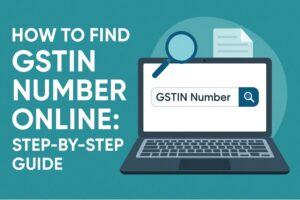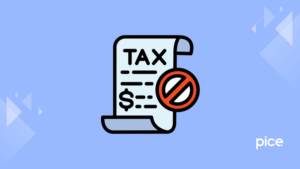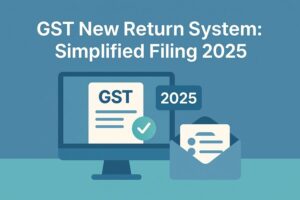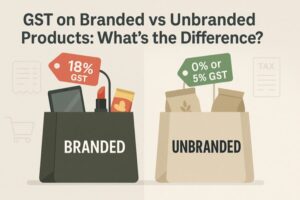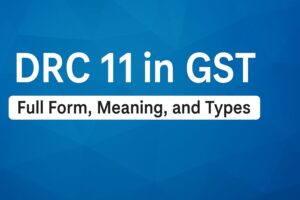How to Claim Input Tax Credit on Bank Charges?
- 27 Aug 24
- 9 mins
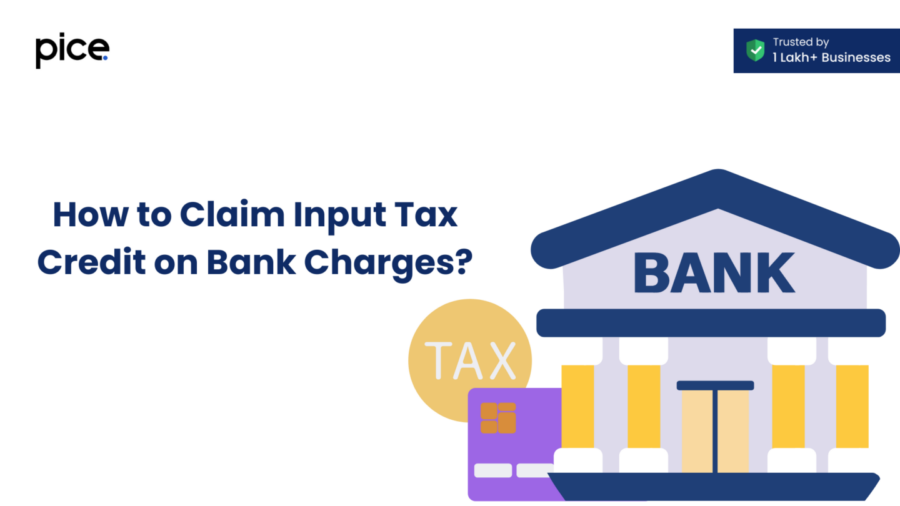
How to Claim Input Tax Credit on Bank Charges?
Key Takeaways
- Compliance: Obtain valid tax invoices and file timely GST returns to claim ITC on bank charges.
- Reconciliation: Regularly match bank charges with GSTR-2A/2B to ensure accurate ITC claims.
- Documentation: Keep thorough records of all bank charges, invoices, and payments for audits.
- Timely Filing: File GSTR-3B and GSTR-9 on time, including all bank charge details for ITC eligibility.
- Provide GSTIN: Give your GSTIN to the bank to ensure proper invoicing and seamless ITC claims.
The Goods and Services Tax (GST) framework in India aims to streamline indirect taxation by integrating various taxes into a single system. Among the various aspects of GST, Input Tax Credit (ITC) plays a critical role for businesses in managing their tax liabilities. ITC allows businesses to offset the tax they have paid on inputs against their output tax liability. One often overlooked area where ITC can be claimed is on bank charges.
Bank Charges Under GST
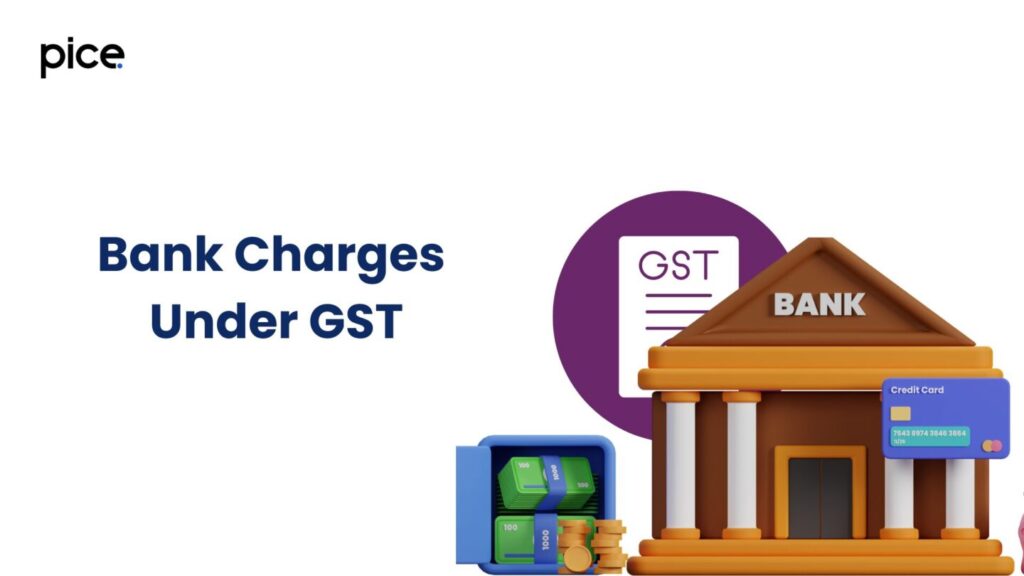
Bank charges can include a variety of fees, such as account maintenance charges, transaction fees, charges for foreign exchange remittance services, and other service fees levied by banks. Understanding how these charges fit into the GST framework is crucial for businesses to maximize their ITC claims.
Conditions for Availing ITC on Bank Charges
To claim ITC on bank charges, businesses must adhere to specific conditions set by the GST law:
- Tax Invoice: Ensure that the bank provides a tax invoice or any other document valid under GST law.
- Payment of Tax: The bank should have paid the GST to the government.
- Receipt of Services: The business must have received the banking services.
- Filing of Returns: The business must file its GST returns (GSTR-3B) and include the details of the ITC claimed.
Time Limit for Claiming GST Input Tax Credit
The time limit for claiming ITC on bank charges is the earlier of:
- The due date of furnishing the return for the month of September following the end of the financial year to which the invoice pertains, or
- The date of furnishing the relevant annual return (GSTR-9).
To-Do List for Claiming ITC on Bank Charges
1. Collect Invoices
- Ensure you have all bank invoices or debit notes that include GST: Gather all relevant documents, such as bank invoices, debit notes, and statements, that reflect the GST paid on bank charges.
2. Verify Invoices
- Check the accuracy of the GSTIN and other details on the invoices: Verify that the bank's GSTIN, your GSTIN, and all other details on the invoices are correct to avoid discrepancies during reconciliation.
3. Match ITC with GSTR-2A/2B
- Reconcile the ITC claimed with the details available in GSTR-2A/2B: Ensure that the ITC on bank charges is accurately reflected in your GSTR-2A/2B statements. Reconcile any differences to ensure seamless ITC claims.
4. Timely Payment
- Ensure timely payment of bank charges including GST: Pay all bank charges, including the applicable GST, on time to be eligible for ITC claims.
5. File Returns
- File monthly or quarterly returns (GSTR-3B) and annual returns (GSTR-9) on time: Timely filing of GSTR-3B and GSTR-9 is essential to claim ITC. Include all relevant details of bank charges in these returns.
6. Maintain Records
- Keep records of all invoices and payments for audit purposes: Maintain comprehensive records, including bank statements, invoices, payment vouchers, and any other supporting documents, to facilitate audits and compliance checks.
Issues That Can Arise for Claiming GST Input Tax Credit
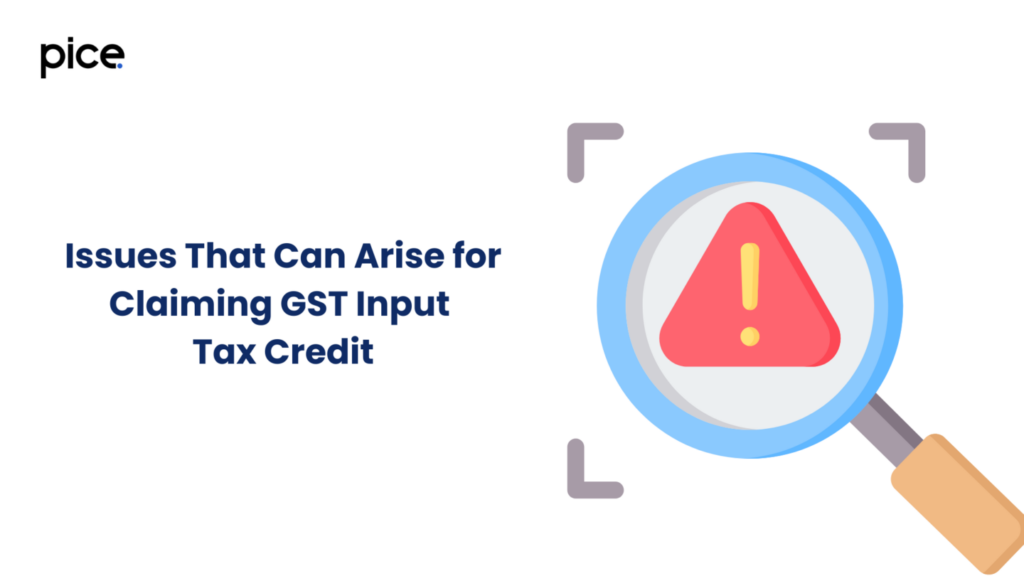
Claiming GST Input Tax Credit (ITC) on bank charges can present several challenges. Ensuring compliance with GST regulations and maintaining accurate records are crucial for seamless ITC claims. Here are some common issues that businesses may encounter:
1. Statement of Charges
- Accuracy of Charges: Inaccuracies in the statement of charges can lead to discrepancies in ITC claims. It's essential to verify that all charges listed are correct and include GST.
- Comprehensive Documentation: Incomplete or missing documentation of bank charges can hinder ITC claims. Make sure that valid tax invoices or debit notes are present to support all charges.
2. Monthly Basis
- Regular Reconciliation: Failure to reconcile bank charges on a monthly basis can result in missed ITC opportunities. Regular reconciliation ensures that all eligible ITC is claimed in a timely manner.
- Timely Payments: Delays in payment of bank charges can impact the eligibility for ITC. Ensure all payments, including GST, are made promptly.
3. Bank Account
- Bank Account Selection: Incorrect selection of the bank account can lead to misallocation of ITC. Ensure that the correct bank account is used for recording all bank charges and related ITC.
- Bank Receipt Voucher: Maintain proper bank receipt vouchers for all payments to substantiate ITC claims.
4. Bank Charges and Invoices
- Incomplete Invoices: Invoices lacking mandatory details such as GSTIN, invoice number, and date can invalidate ITC claims. Verify the completeness of all invoices.
- Absence of Tax Invoice: Lack of a tax invoice or debit note from the bank can result in the denial of ITC. Make sure that all charges have the appropriate supporting documentation.
5. Inter-State and Intra-State Bank Charges
- Differentiation of Charges: Failing to differentiate between inter-state and intra-state bank charges can cause issues in ITC claims, as the GST rates and rules may differ.
- Charges Through Bank Statement: Verify that all charges reflected in the bank statement are accurately recorded and matched with corresponding invoices.
6. Compliance and Regulatory Requirements
- Documentation Requirements: Inadequate documentation and record-keeping can lead to compliance issues. Maintain comprehensive records of all bank charges and related ITC claims.
- Regulatory Requirements: Ensure adherence to all GST regulatory requirements to avoid penalties and legal issues.
7. Complex Banking Transactions
- Classification of Transactions: Misclassification of complex banking transactions can affect ITC claims. Ensure accurate classification and documentation of all transactions.
- Transaction Details: Detailed transaction records are necessary to support ITC claims. Keep meticulous records of each transaction.
8. Categorization of Expenses
- Eligible GST-Related Expenses: Incorrect categorization of expenses can lead to invalid ITC claims. Ensure that only eligible expenses are included in ITC claims.
- Indirect and Personal Expenses: Segregate indirect and personal expenses from business expenses to avoid ITC claim issues.
9. Record-Keeping and Data Entry
- Accurate Data Entry: Errors in data entry can cause discrepancies in ITC claims. Double-check all entries for accuracy.
- Record-Keeping Requirements: Maintain all necessary records, including invoices, receipts, and bank statements, to meet record-keeping requirements.
10. Furtherance of Business
- Business-Related Expenses: ITC can only be claimed for expenses incurred in the furtherance of business. Ensure all claimed expenses meet this criterion.
- Regular Training: Provide regular training to staff involved in expense categorization and ITC claims to ensure compliance and accuracy.
GST Calculation on Bank Charges
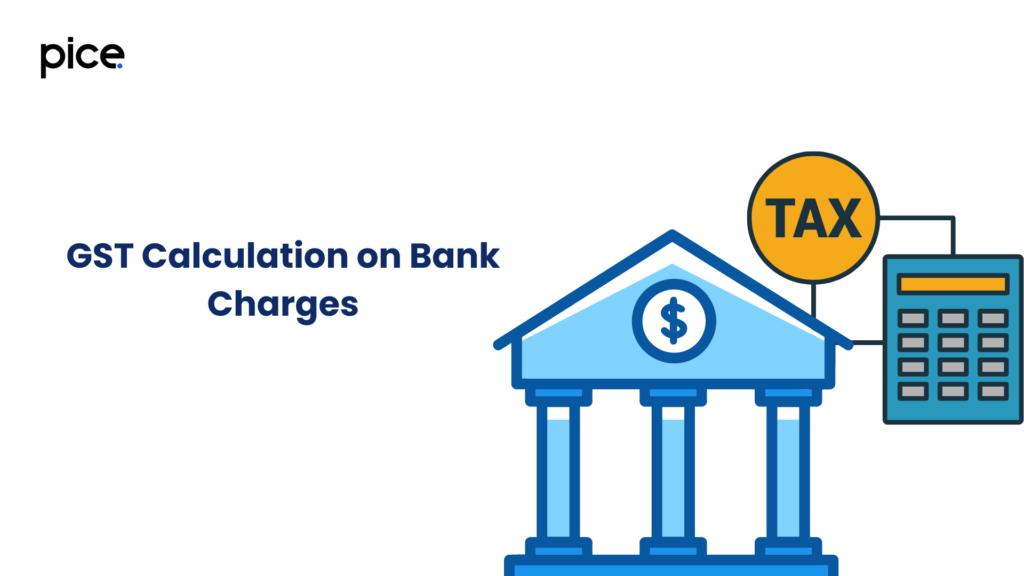
- GST Rate: Typically, bank charges attract 18% GST.
- Calculation: If the bank charges are INR 1,000, the GST amount will be INR 180 (18% of INR 1,000), making the total cost INR 1,180.
Deemed Value Calculation for GST Base Amount in Foreign Exchange Transactions
- The value of supply for foreign exchange services is often determined based on a fixed percentage or a value slab method prescribed by the GST authorities. The bank provides these details in the invoice.
GST Calculation on Bank Charges for Bank Payment
Step 1: Identify the total bank charges.
Step 2: Apply the GST rate (18%) to the bank charges.
Step 3: Ensure that the tax invoice that the bank has issued includes the GST amount.
Is it necessary to provide GST numbers to the bank in order to obtain ITC on bank charges?
Yes, it is essential to intimate your GSTIN to the bank so that they can include it on the tax invoice. This ensures that the ITC can be correctly claimed and matched with the GST returns.
Importance of ITC Claim in Banking Transactions
- Cost Reduction: Claiming ITC on bank charges reduces the overall cost of banking services.
- Competitive Advantage: Efficient ITC management can improve cash flow and competitiveness.
- Compliance: Regularly claiming ITC ensures compliance with GST laws and avoids penalties.
- Financial Efficiency: Proper ITC claims enhance financial efficiency and accuracy in financial reporting.
Conclusion
Claiming GST ITC on bank charges requires careful documentation and timely action. By following the outlined steps and ensuring compliance with GST regulations, businesses can maximize their ITC claims, reduce costs, and maintain efficient financial practices. Regular reconciliation and maintaining accurate records are key to avoiding common issues and ensuring smooth ITC claims.
💡 If you want to pay your GST with Credit Card, then download Pice Business Payment App. Pice is the one stop app for paying all your business expenses.
 By
By 







